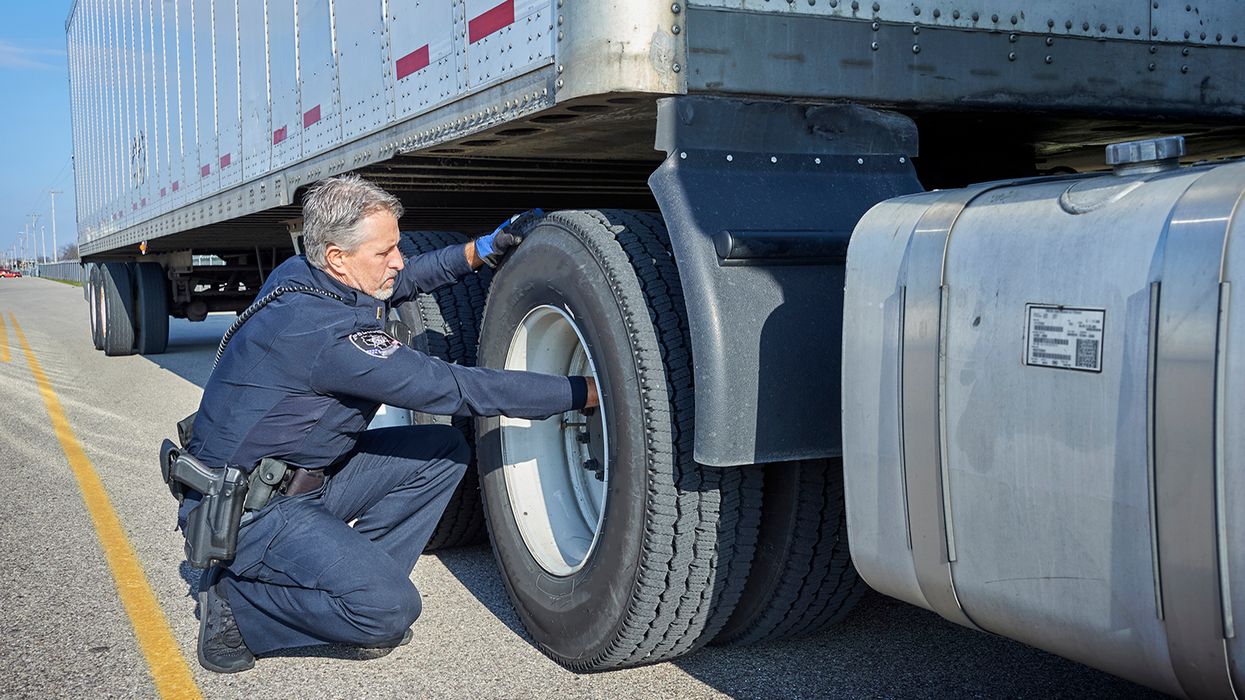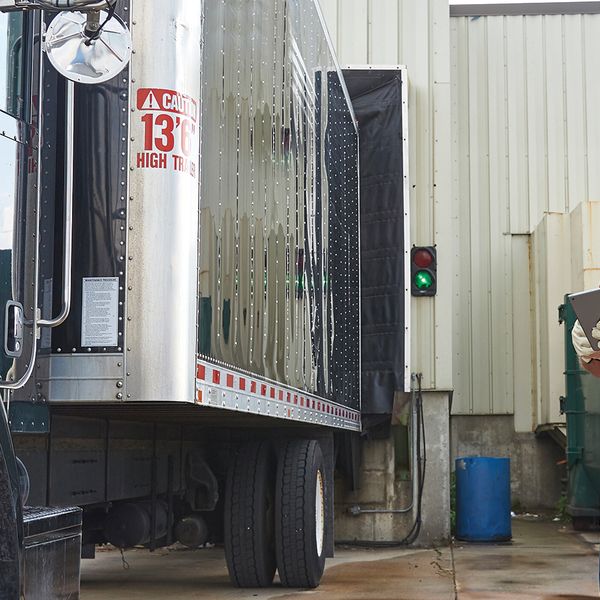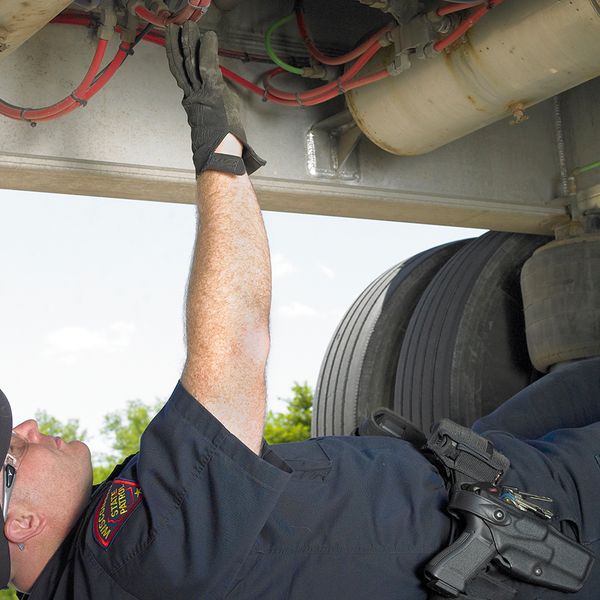Virtual conference sparks conversations on how to mine CSA data
Safety data is collected, analyzed, and used by the Federal Motor Carrier Safety Administration (FMCSA) to determine if you’re a high-risk carrier. So, it makes sense that you should know what the FMCSA knows about your operation.
An interactive virtual conference hosted by J. J. Keller called “A mother lode of CSA data,” asked participants to share their experiences with mining motor carrier safety data.
The one-hour event on July 24 began with a brief presentation by subject matter experts (SMEs) on:
- The Compliance, Safety, Accountability (CSA) enforcement program, which is heavily dependent upon data;
- CSA’s data sources, which are primarily roadside inspection and crash reports; and
- CSA’s Safety Measurement System (SMS), the portal system used to slice, dice, and score data.
During the interactive part of the event, attendees were invited to share how they monitor and work to improve their safety data, so FMCSA does not identify them as a risk.
Specifically, participants were invited to discuss these questions:
- How often do you review CSA data? A monthly review was the most common among participants. Most timed their self-audit with FMCSA’s monthly upload of new data to the SMS.
- What best practices do you use to analyze your data? Attendees indicated they sort through SMS violations and crashes to identify problem areas. Once an area of weakness is identified, some participants indicated how they tried to remedy their poor safety records:
- Some participants used technology (i.e., dash cams and telematics) for opportunities to coach drivers who exhibit unsafe driving.
- One attendee, who identified a pattern of vehicle maintenance violations, shared how he is working to implement change. His monthly monitoring of safety data will help him determine if the new safety controls are having a positive impact.
- How successful have you been using DataQs to challenge inaccurate data? Attendees shared their success in challenging incorrect safety data. A successful Request for a Data Review (RDR) will result in removal of the event from the motor carrier’s CSA scoring. One attendee suggested the use of a DataQs checklist to make sure all necessary information is provided in the RDR for the best chance of success. Another participant urged others to always include police reports for the Crash Preventability Determination Program.
“Data isn’t bad just because you don’t agree with it,” cautioned Rick Malchow, J. J. Keller® Industry Business Advisor adding that you must have the facts to support your case.
The event ended with practical tips from the SMEs, including:
- Assign the role of monitoring data,
- Set a frequency to sift through the data,
- Use FMCSA’s safety improvement model to find the root cause of a data trend,
- Make an action plan based on the root cause, and
- Monitor data for continuous improvement.
Key to remember: Virtual conference attendees understand the importance of monitoring motor carrier safety data. Data tells a story about the carrier to others – including the FMCSA, customers, insurance providers, brokers, and the general public. You want your story to be one of safety and compliance.























































